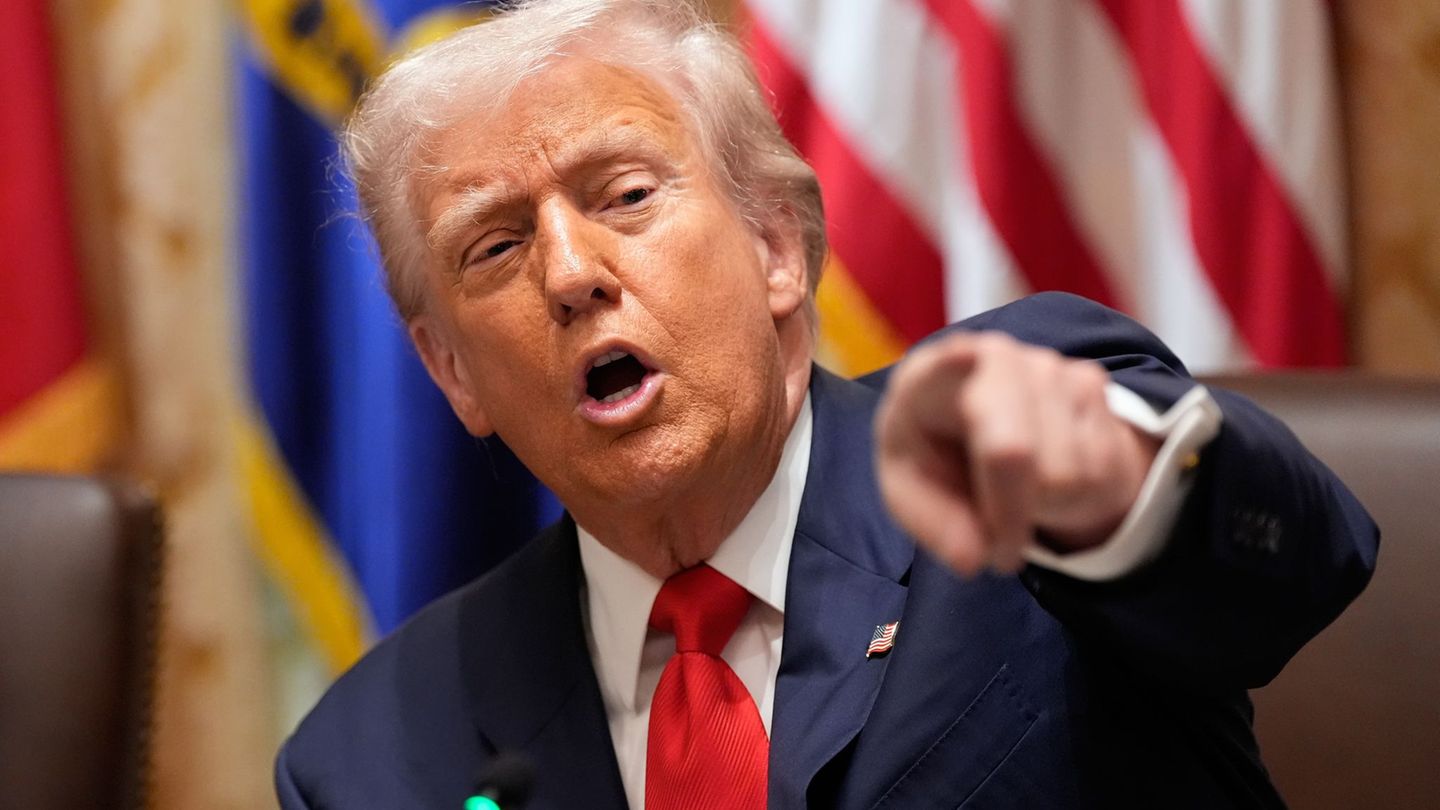The Fitch rating agency reduced Tunisia’s debt note to “junk bond” due to the country’s lack of progress in its negotiations with the International Monetary Fund (IMF).
Fitch’s decision “reflects uncertainty about Tunisia’s ability to mobilize sufficient funds to meet its financial needs,” the firm said in a statement cited by Bloomberg and DPA news agencies.
The cut lowers the long-term foreign currency debt rating from CCC+ to CCC-, equivalent to a “junk bond” rating.
Like countries like Pakistan, Tunisia sees the need to resort to multilateral organizations to pay its debt and avoid a default due to the lack of reserves.
Within this framework, one of the reasons for Fitch’s reclassification is precisely the African country’s delay in “implementing the necessary actions to achieve a program with the IMF.”
Tunisia’s coffers were fully impacted not only by the coronavirus pandemic but also by the war between Russia and Ukraine and the consequent rise in the price of commodities, as it is a country that clearly imports food.
Precisely, in the five years prior to the war, the country relied on wheat from Ukraine and Russia for an average of 56% of its annual needs, according to the International Institute for Food Policy Research.
In addition, its local production was also affected by the rise in the cost of fertilizers and weather conditions: this year’s grain harvest is set to be the lowest in 20 years, which will force it to rely on more imports.
The Tunisian government had reached an agreement in principle for a US$1.9 billion loan with the IMF last year, but the body is demanding reforms (such as a cut in public spending) that the country has not yet complied with.
“Our base case scenario is that Tunisia and the IMF will reach an agreement by the end of the year, but this is a much later date than initially anticipated and the risks of a breakdown of the talks remain high,” Fitch said.
The rating agency pointed out that the country will need financing equivalent to 16% of the Gross Domestic Product (GDP) in 2023 (US$7.7 billion) and 14% by 2024 (US$7.4 billion), both to cover the fiscal deficit -estimated at 7% of GDP for this year- as to pay maturities.
According to Fitch, the IMF program (of US$ 1.9 billion) will unlock external financing for US$ 3.5 billion, but – it warned – the sources of financing for 2024 “remain unclear”.
President Kais Saied recently criticized what he saw as foreign “dictates” on the economy, raising doubts at the ratings agency about a fruitful end to the deal.
Tunisia achieved the approval of the Italian prime minister, the far-right Giorgia Meloni, in the negotiations with the Fund, and aims to obtain more support among European countries.
The governments of Europe fear that a worsening of the Tunisian economic situation will be a breeding ground for the increase in the crossing of migrants and refugees through the Mediterranean Sea.
In this sense, Meloni, the President of the European Commission, Ursula von der Leyen, and the Prime Minister of the Netherlands, Mark Rutte, will meet tomorrow with Saied “to discuss a general agreement on the economy, energy and migration between Tunisia and the European Union”.
Source: Ambito




